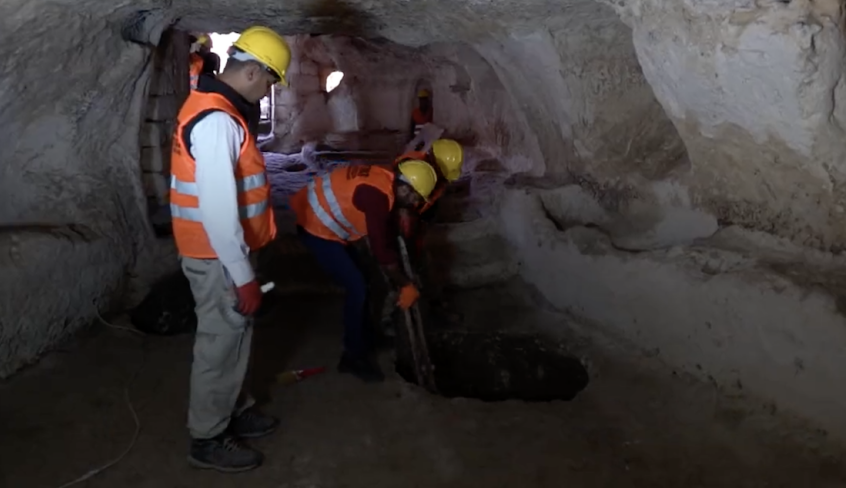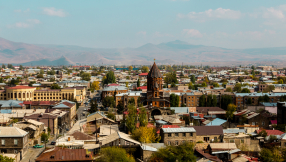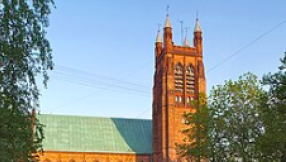
(CP) A roughly 2,000-year-old underground city in southeastern Turkey believed to be the largest of its kind ever discovered may have been a refuge for early Christians fleeing Roman persecution, according to researchers.
The complex was initially unearthed in 2020 and is located in the Midyat district of Mardin province, according to Live Science.
Researchers believe the site may have housed up to 70,000 people and was initially built as a "hiding place or escape area" more than 1,900 years ago.
The underground complex was reportedly discovered during a local cleaning and conservation effort. It is believed to possibly be the largest such complex in the world, according to The Jerusalem Post.
Researchers say only 3% of the site has been excavated, so it's still unknown how large the entire city may span.
Gani Tarkan, who headed the excavation effort and serves as director of the Mardin Museum, told Live Science the complex includes a tunnel over 100 yards long and nearly 50 chambers, including what appeared to be dwelling spaces, water wells and places of worship.
"Families and groups who accepted Christianity generally took shelter in underground cities to escape the persecution of Rome or formed an underground city," Tarkan was quoted as saying. "Possibly, the underground city of Midyat was one of the living spaces built for this purpose."
"It is an area where we estimate that at least 60-70,000 people lived underground," he added.
The worship spaces included an apparent Christian church and a Jewish synagogue with a large hall featuring a Star of David symbol on one of its walls.
Historical artifacts and other decorations were also recovered from the complex, including Roman-era coins and oil lamps similar to those described in the Gospels, indicating the underground city may have been built as early as the second century, according to Tarkan.
Known in Syriac as Tur Abdin, or "mountain of the servants of God," the Midyat district is the home to the Syriac Orthodox Christian community, where dozens of monasteries were located.
In 2017, authorities seized 50 properties consisting of monasteries, cemeteries and churches belonging to the Syriac Orthodox Church, including two working monasteries built 1,500 years ago.
Also called Assyrians, the Syriacs are one of Turkey's ancient communities that dates back as far as 3500 B.C. Many still speak Aramaic, one of the languages used during the time of Christ.
The Syriacs have also faced persecution by the Turkish government.
In 2016, Turkish President Recep Tayyip Erdogan seized six ancient Catholic, Orthodox and Protestant churches in the southeastern city of Diyarbakir, one of which dates back more than 1,700 years.













